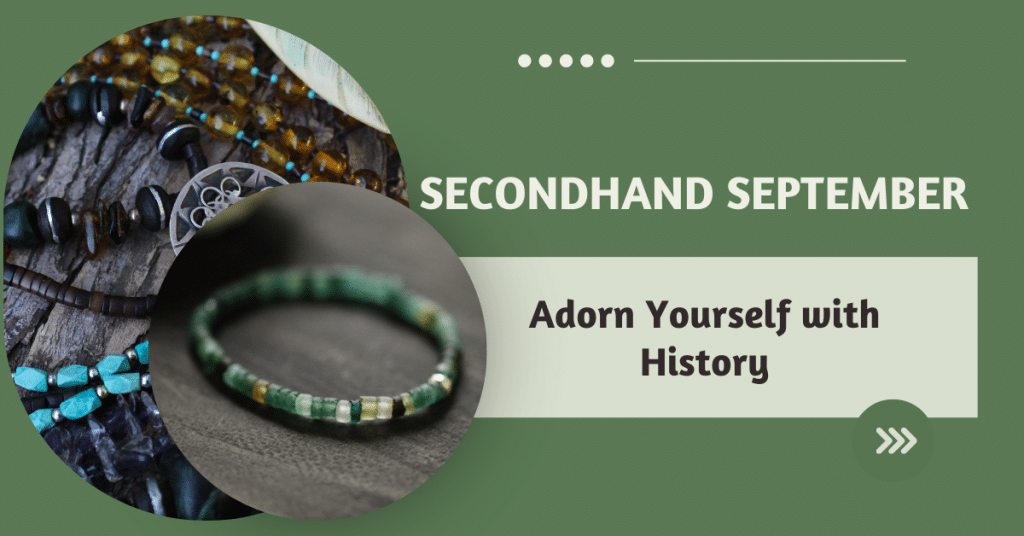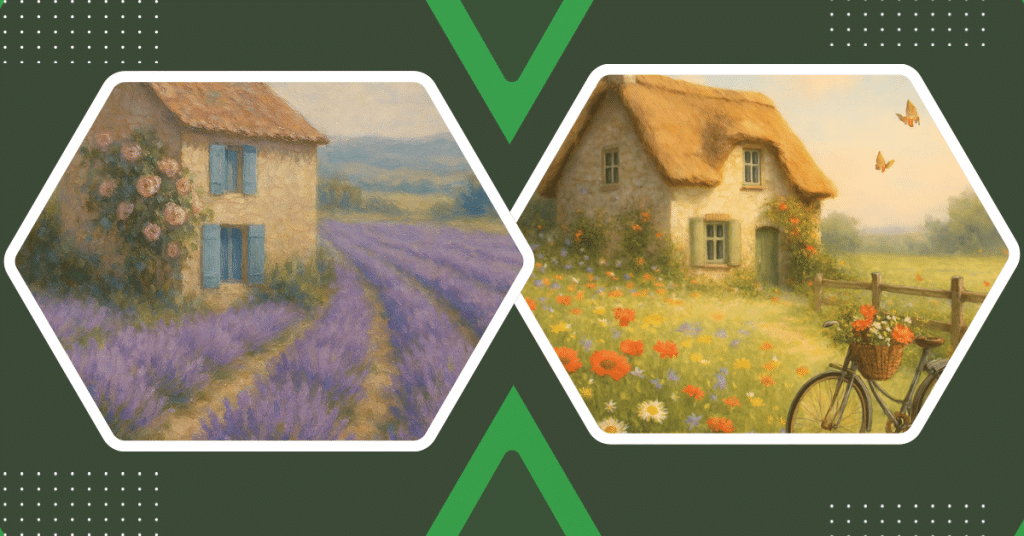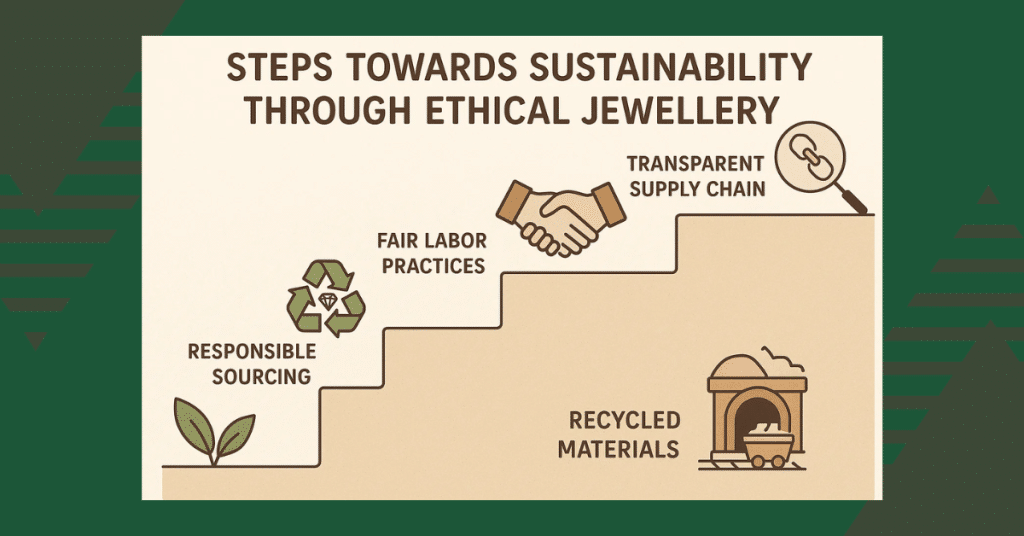Echoes of Tomorrow: A Sustainable Legacy for Future Generations – Part 1
Welcome to Part 1 of the Echoes of Tomorrow: A Sustainable Legacy for Future Generations. This is the first of a series of letters, a plea, and a guide, a message cast into the future, carried on the winds of hope and responsibility. It is a heartfelt conversation with those who will inherit the Earth we leave behind, a generation poised to either reap the rewards of our foresight or bear the burden of our neglect. In this first letter, we’ll dive into why sustainability matters now and how shifting your mindset is a great place to start.
This series of letters emerges from a pivotal moment in human history. We stand at a crossroads, where the choices we make today will irrevocably shape the world of tomorrow. The evidence is undeniable: our planet is changing. Climate change, resource depletion, and environmental degradation are no longer distant threats but present realities. Yet, amidst these challenges, there lies an extraordinary opportunity – an opportunity to forge a new path, a path towards a sustainable future where humanity and nature can thrive in harmony.
Why Sustainability Matters Now
Dear tomorrow,
The year is 2025, and as I write this, the concept of sustainability is no longer a niche trend but a global imperative. We have reached a point where the consequences of our past actions are undeniable, and the urgency of our present choices is paramount. This letter is not just an introduction; it’s a heartfelt letter to you, the inheritors of this planet, explaining why sustainability matters now more than ever. The earlier we all understand and accept why sustainability matters now, the ealier we learn how to make our planet better place to live.
Imagine a world where the air is thick with pollution, where natural disasters are commonplace, and where resources are scarce. This is not a dystopian fantasy; it’s a potential reality if we fail to embrace sustainable practices. The evidence is all around us: rising sea levels, extreme weather events, deforestation, and the loss of biodiversity. These are not isolated incidents; they are interconnected symptoms of a planet under stress.
Our carbon footprint, the measure of the greenhouse gases we release into the atmosphere through our activities, is the primary driver of climate change. From the energy we consume to the products we buy, every aspect of our modern lifestyles contributes to this footprint. The consequences are far-reaching, affecting everything from global temperatures to food security.
Why Should you Care?
But why should you, the future generation, care about this? Because you will bear the brunt of these consequences. You will inherit a planet that is less stable, less predictable, and less hospitable than the one we enjoy today. You will face challenges that we can scarcely imagine, from resource scarcity to mass migrations.
Sustainable development is the development that meets the needs of the present without compromising the ability of future generations to meet their own needs.”
– Gro Harlem Brundtland
However, this is not a message of despair. It is a call to action. Sustainability is not just about mitigating environmental damage; it’s about creating a better future for all. It’s about building a world where economic prosperity, social equity, and environmental stewardship go hand in hand. It’s about ensuring that future generations have the opportunity to thrive. The notion why sustainability matters now is not just a phrase but a wakeup call for us all.
Sustainability encompasses a wide range of practices, from reducing our carbon footprint to conserving resources to promoting social justice. It’s about rethinking the way we live, work, and interact with the world around us. It’s about making conscious choices that benefit both present and future generations.
One of the key aspects of sustainability is resource management. Our planet has finite resources, and we are currently consuming them at an unsustainable rate. From water to minerals to fossil fuels, we are depleting these resources faster than they can be replenished. This not only threatens the environment but also undermines our long-term economic stability.
Managing Sustainable Reources
Sustainable resource management involves using resources more efficiently, reducing waste, and finding alternative sources. It’s about shifting from a linear “take-make-dispose” model to a circular economy where resources are reused and recycled. It’s about investing in renewable energy sources like solar and wind power, which can provide clean and sustainable energy for generations to come.
Another crucial aspect of sustainability is social equity. Environmental problems often disproportionately affect marginalized communities. From pollution to climate change, these communities are often the most vulnerable and the least able to adapt. Sustainability is not just about protecting the environment; it’s about creating a more just and equitable society.
Sustainable development should prioritize the needs of the most vulnerable, ensuring that everyone has access to clean air, clean water, and healthy food. It’s about creating economic opportunities for all, regardless of race, gender, or socioeconomic status. It’s about empowering communities to participate in decision-making processes that affect their lives.
Shifting your Mindset
But perhaps the most important aspect of sustainability is mindset. Sustainability requires a fundamental shift in the way we think about ourselves and our relationship with the planet. It requires us to recognize that we are not separate from nature but an integral part of it. It requires us to embrace a sense of responsibility for the well-being of future generations.
This mindset shift involves cultivating mindfulness, compassion, and a deeper understanding of our place in the world. It involves questioning our assumptions, challenging our beliefs, and being open to new ways of thinking. It involves recognizing that our individual actions have a collective impact and that we all have a role to play in creating a sustainable future.
As you, the future generation, embark on your journey, remember that sustainability is not just a set of practices; it’s a way of life. It’s about living in harmony with nature, respecting the rights of future generations, and creating a world where everyone can thrive. The challenges we face are great, but our capacity to overcome them is even greater. With courage, creativity, and collaboration, we can build a sustainable legacy that will echo through the ages.
See you in the next letter.
Sincerely yours
Remi B. 💚







